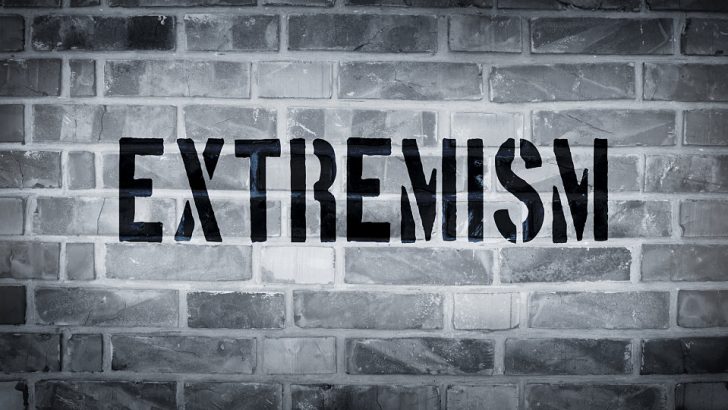Catholic methods of examining scripture could help tackle radicalisation in Islam, a leading Jesuit academic has said, after it was revealed an Irish citizen was captured having left Ireland to fight for the so-called Islamic State,
Originally from Belarus, Alexandr Ruzmatovich Bekmirzaev (45) was arrested by the Kurd-led Syrian Democratic Forces (SDF) just before the New Year. He holds an Irish passport and was being closely monitored as a suspected Islamic extremist by the Garda Special Branch before he left the country in 2013 and travelled to Syria.
Roehampton University’s Prof. Michael Barnes SJ told The Irish Catholic that de-radicalisation strategies that treat people such as Mr Bekmirzaev as if they are mentally ill or brainwashed are “barking up the wrong tree”, and that solutions to extremism need to be sought within Islam itself.
“These are people who, although, as far as the good Catholic is concerned, are completely wrong, what they’re thinking has a logic to it which comes out of their tradition,” he said.
“The tradition itself is what you have to engage with, the basic problem with a lot of these guys is they have a very black-and-white view of how revelation actually happens.”
He added that the “Catholic historical critical method” can at some level be applied to Islam to help tackle extremism.
Trinity College lecturer and Muslim scholar, Dr Ali Salim of the Islamic Cultural Centre, said that tackling extremism is down to education.
“The way we counter radical thinking is by education, we educate our community here about their religion and the spirit of peace in their religion,” he said.
“Radical thinking only takes advantage of ignorant people, regardless of their Faith or race. Just take one line out of the book, out of its context and take advantage of somebody who is misfortunate.”
He called for Mr Bekmirzaev to be returned to Ireland.
“As for the recent incident of what happened in Syria, we definitely see him as an Irish citizen and he should be handed back to Ireland, he should be brought to Ireland,” he said. “The Irish consulate may play a role in that, in deporting him to Ireland and he should be judged according to Irish law.”


 Chai Brady
Chai Brady
